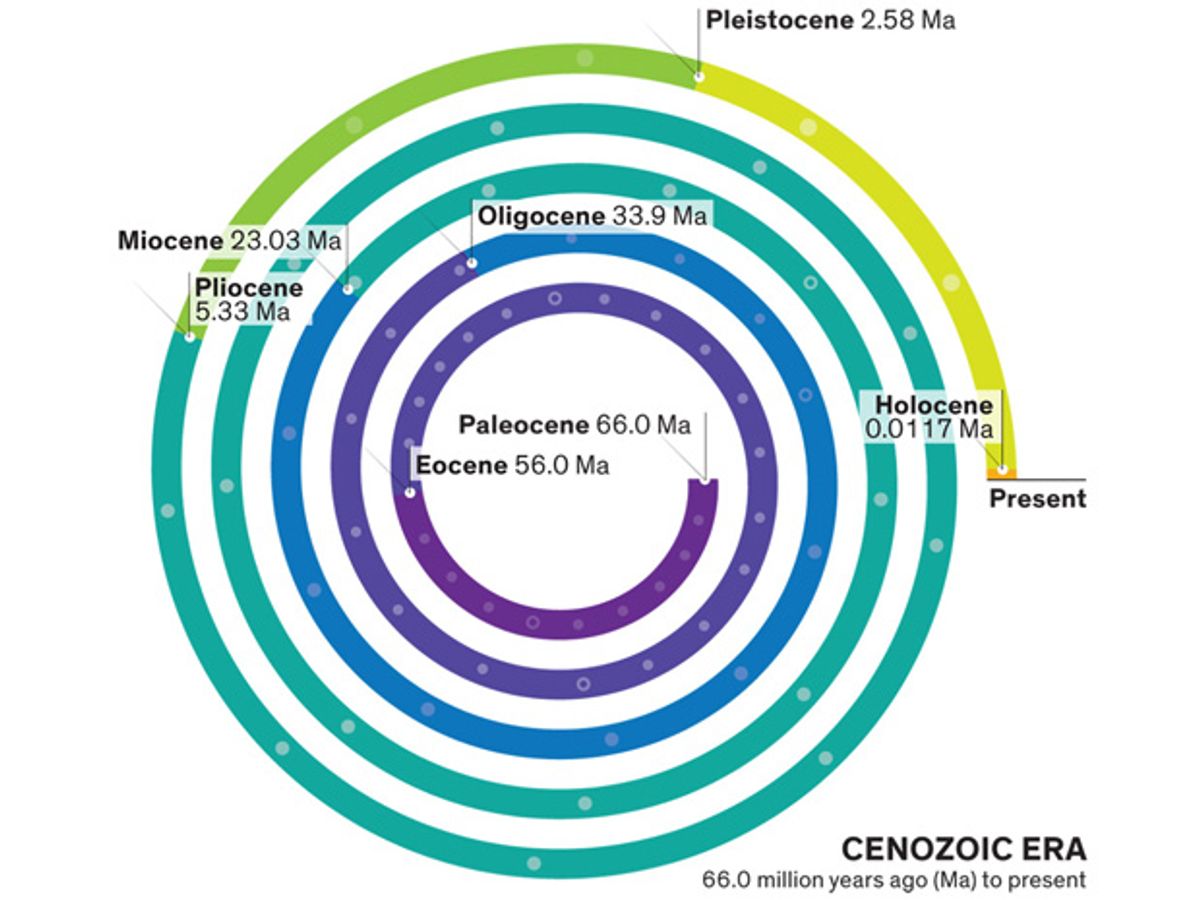Many historians and even some scientists argue that we are living in the Anthropocene, a new epoch characterized by the human control of the biosphere. Next year the International Geological Congress will consider recognizing this name as the latest addition to the standard geological time scales.
My reaction, echoing the Romans: Festina lente. Make haste slowly.
To be quite clear: There is no doubt about the pervasiveness of our interference in global biogeochemical cycles, the loss of biodiversity attributable to human actions—the mass dumping of our wastes; the large-scale deforestation and accelerated erosion of soils; the global extent of pollution generated by farming, cities, industries, and transportation. In combination, these man-made impacts are unprecedented and of a scale that may well imperil the future of our species.
But is our control of the planet’s fate really so complete? There is plenty of counterevidence. Fundamental variables that make life on Earth possible—the thermonuclear reactions that power the sun, suffusing the planet with radiation; the planet’s shape, rotation, tilt, the eccentricity of its orbital path (the “pacemaker” of the ice ages), and the circulation of its atmosphere—are all beyond any human interference. Nor can we ever hope to control the enormous terraforming processes, the Earth’s plate tectonics driven by internal heat and resulting in slow but constant creation of new ocean floor, forming, reshaping, and elevating landmasses whose distributions and altitudes are key determinants of climate variability and habitability.
Similarly, we are mere bystanders watching volcanic eruptions, earthquakes, and tsunamis, the three most violent consequences of plate tectonics. We can live with their frequent, moderate displays, but the very survival of some of the world’s largest cities—notably Tokyo, Los Angeles, and Beijing—depends on the absence of megaearthquakes, and the very existence of modern civilization could be cut short by megavolcanic eruptions. Even when measuring time not in geological but in civilizational terms we also face far from negligible threats from Earth-busting asteroids whose path we might be able to predict but not to alter.
In any given year these events have very low probabilities, but because of their enormous destructivity their effects are outside the historic human experience. We have no good way to deal with them, but we cannot pretend that, in the long run, they are less relevant than the loss of forest species or combustion of fossil fuels.
Besides, why rush to elevate ourselves into the creators of a new geological era instead of waiting a bit to see how long the experiment conducted by Homo sapiens can last? Each of the six elapsed epochs of the Cenozoic era—from the beginning of the Paleocene 66 million years ago to the beginning of the Holocene 11,700 years ago—lasted at least 2.5 million years, including the last two (the Pliocene and the Pleistocene), and we are now less than 12,000 years into the Holocene. If there is in fact an Anthropocene, it may date no further back than 8,000 years (counting since the beginning of settled agriculture) or 150 years (counting from the takeoff of fossil fuel combustion).
Should we manage to be around for another 10,000 years—a trivial spell for science fiction readers, an eternity for modern, high-energy civilization—we should congratulate ourselves by naming the era shaped by our actions. But in the meantime, let us wait before we determine that our mark on the planet is anything more than a modest microlayer in the geologic record.
